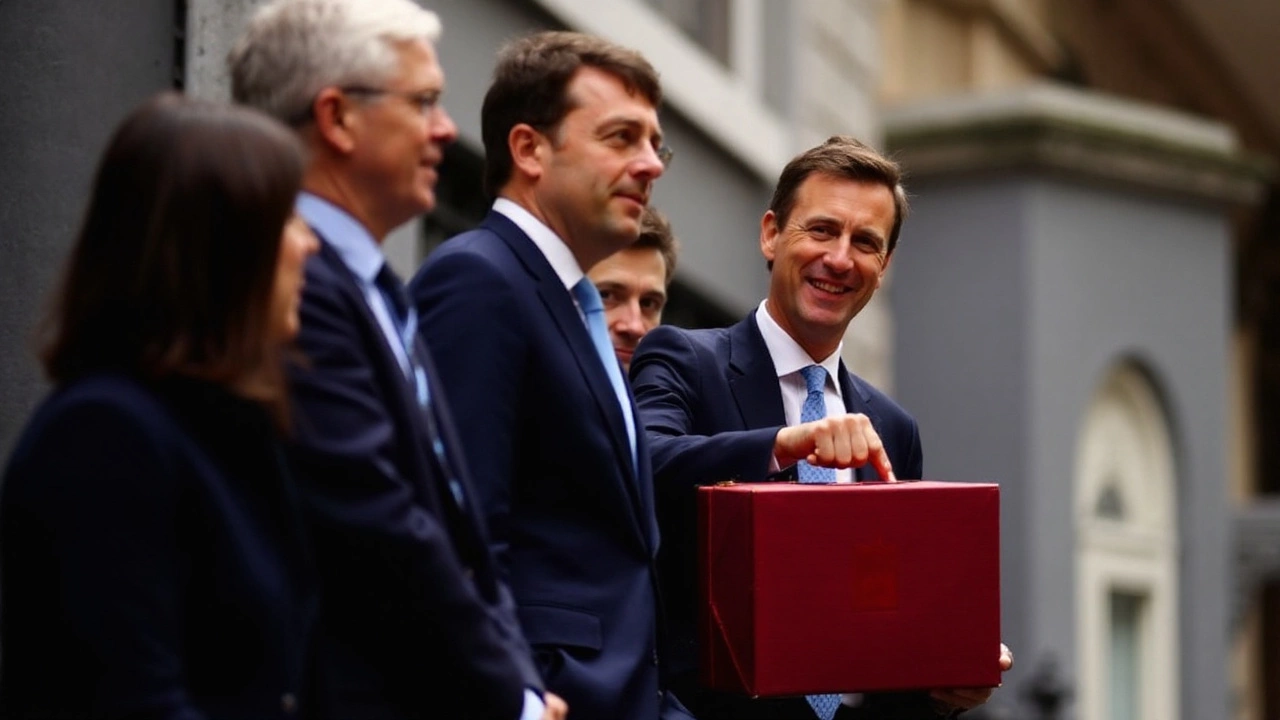Rachel Reeves' New Approach to Taxation
Chancellor Rachel Reeves has stirred up the latest political debate by pursuing new ways to fill the Treasury's coffers, all without bumping up the headline tax rates. Sounds clever, right? But this quiet approach isn’t escaping scrutiny. Some of these changes might slip under the radar for most people, but investors and business owners are paying close attention.
The big talking point? The dividend allowance. Right now, if you receive dividend income—maybe you own shares in a business or through an investment app—you get the first £500 tax-free each year. It’s not a huge sum, but for nearly two million investors, it softens the blow of any gains. Reeves wants to scrap this allowance completely. HMRC reckons this would boost tax revenue by about £325 million every year, which is real money for the government. But here’s the rub: critics think ditching this allowance could push small investors to look elsewhere, maybe even shrink their portfolios, and that means less investment going into British businesses.
The Plan for Inheritance Tax and Wealth
There’s more. Reeves is also going after inheritance tax relief linked to the Alternative Investment Market, better known as AIM. Currently, families can claim up to 50% relief on shares passed down in these smaller, fast-growing companies. The thinking was, if you lift the burden a bit, more people would put their money in these businesses, fueling risk-taking and new ideas. But Reeves plans to scrap this relief altogether from April 2026. Honestly, it won't rake in massive money—the sums are modest by government standards—but it sends a signal about the Treasury’s new direction.
And she’s not stopping there. During interviews, Reeves left the door open for a future wealth tax. She didn't go into details, but when pressed, she wouldn’t rule out the idea. That sort of openness to new taxes makes wealthier households and top investors nervous, as they wonder if they're next on the list for more targeted tax tweaks.
The common thread in all of this? Reeves is trying to raise revenue by cutting back on allowances and reliefs rather than announcing headline-grabbing tax hikes. She aims to avoid the classic political fallout from raising basic rates while still bringing in more to the Treasury. But the reaction has been mixed. Economists say the changes could steer people away from investing in British companies or saving for the long run, which isn't great if you're trying to boost the economy.
For now, Reeves' quiet adjustment approach keeps the political heat down, but it’s already sparking loud conversations among businesses, investors, and anyone with an eye on their future finances.
